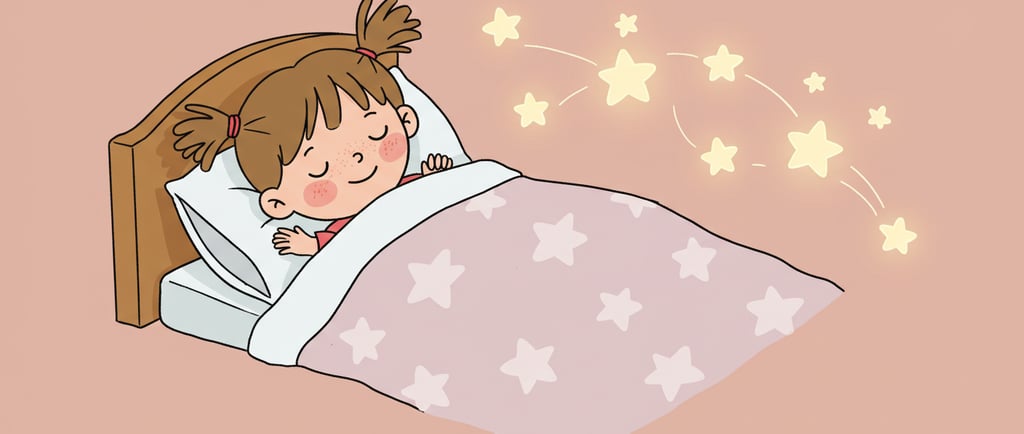Melatonin for Kids: Risks Parents Should Know
Melatonin has gained popularity as a sleep aid for children, but parents should think twice before using it. Recent data shows a significant rise in melatonin ingestion calls to poison control centers for kids under 5. Learn about the potential risks and why caution is essential.
WELLNESS
6/22/20251 min read


Melatonin for Kids? A Popular Trend with Hidden Risks
In recent years, melatonin has become a go-to remedy for sleepless nights—not just for adults, but for children too. Marketed as a “natural” sleep aid, it’s easy to see the appeal of chewable, berry-flavored gummies promising better rest. But as a recent Atlantic article reveals, we may be underestimating the risks of this popular supplement, especially when it comes to kids.
Alarming Spike in Melatonin Overdoses Among Children
According to data cited in The Atlantic, poison control centers in the U.S. received over 52,000 calls for melatonin ingestion in children under 5 in just one year. That’s a tenfold increase from a decade ago. Even more alarming: hospitalizations due to melatonin overdoses are on the rise, with some cases requiring intensive care. While most children recover, the sheer volume of incidents is a red flag.
Unregulated and Unpredictable: What’s Really in Those Gummies?
Part of the problem lies in regulation. Unlike prescription drugs, melatonin is sold as a dietary supplement in the U.S., meaning it’s not subject to the same strict FDA oversight. Lab tests have found that some melatonin products contain wildly inaccurate dosages, sometimes far more than the label claims.
So what can parents do?
Safer Sleep Strategies Every Parent Should Know
First, treat melatonin like a drug, not a vitamin. Store it safely, out of reach of children. Second, speak with your pediatrician before giving melatonin to your child—it’s meant for short-term use and isn’t a cure-all for sleep issues. Finally, focus on sleep hygiene: consistent bedtimes, screens off before bed, and calming routines can go a long way.
Melatonin may seem like an easy fix, but the latest research is a wake-up call. Better sleep starts with awareness—and a healthy dose of caution.
